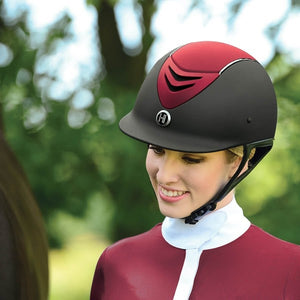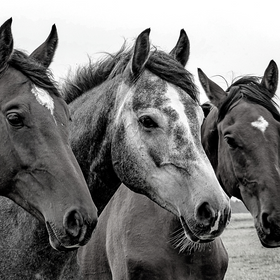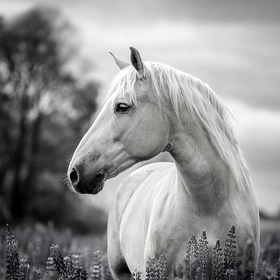
How to Beat the Summer Heat (and keep your horse cool)
Keeping cool during the hot and humid summer months can be a challenge. While we all want to be out enjoying the weather, it is easy for you and your horse to become overheated if you do not take the proper precautions. There are several ways to adjust your routine and barn management practices to help keep your horse cool and comfortable this summer.
Riding
During summer riding, consider riding early or late in the day. These are generally the cooler times to ride and you get more shade. You want to make sure you consider the overall temperature when you are deciding on the length and goal of your ride. Go for less intense, shorter rides when the temperature is high and always make sure to cool down your horse at the end of the ride.
After your horse is cooled down, spray them down with cool water to help lower their body temperature. Your horse will appreciate the cool water and they will be more comfortable going into their stall or out to pasture.
Barn Tips
Change your turnout schedule so your horse is outside in the early mornings or evenings. These are the coolest times of day with the most shade. If your pastures don’t have any shade, consider adding some type of run-in or shelter to give them a place away from the sun.
Bugs can be more of a concern and management challenge during evening turnout. If your horse is particularly sensitive to bugs, there are many UV fly sheets and fly masks that can help them. Make sure to spray them with a sweatproof fly spray before turnout. This will also help reduce the pesky flies.
If you are able to keep your horses in the barn during the day, stall and aisle fans can make a big difference in airflow. Turn on the fans before the major heat of the day to start moving the cooler air through the barn. You’ll want to keep your stall fans secured and out of your horse’s reach. Young horses love to play with fans!
Hydrating in the summer is critical for your horse. Dehydration can quickly lead to colic and other issues with horses if left unaided. They should have free access to clean water at all times. Automatic waterers and large water tanks can be a good alternative to 5-gallon buckets if your horse drinks large quantities of water. Always make sure to clean water tanks and buckets to prevent contaminated water.
If you are concerned your horse is becoming dehydrated, you can give them electrolytes. This can be added as a top dressing to their feed or dissolved into their water. Electrolytes are also a good idea for horses in mid-heavy work during hot months as they sweat more often.
If you believe your horse is severely dehydrated or overheated, call your veterinarian immediately. They can provide medical support to rehydrate and cool your horse.





